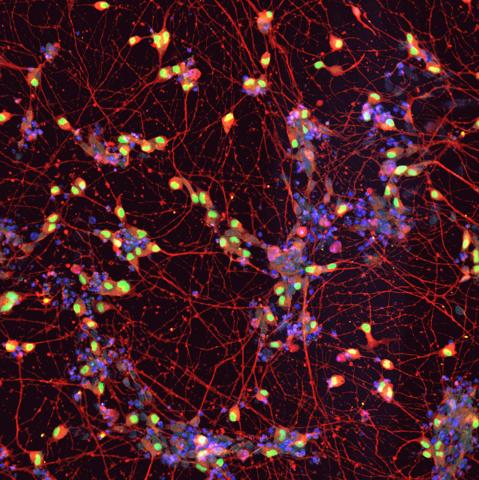Reaction: gene responsible for heart malformations in people with Down syndrome identified
People with Down syndrome often have heart problems, which can affect their life expectancy. However, the genes responsible among the 230 possible candidates were not known. A team of researchers used human tissue and mouse embryonic hearts and concluded that an extra copy of the DYRK1A gene is important in the process. In addition, they have tested a treatment in early gestation in mouse models that reduces its consequences. The research is published in Science Translational Medicine.

Lawrence - Down (EN)
Jeanne Lawrence
Professor of Neurology and Paediatrics at the University of Massachusetts
This study is from a well-respected group of scientists who have long studied congenital heart disease (CHD) in mouse models of Down syndrome, and the gene that their study identifies as a driver of CHD, DYRK1A, has been implicated in other studies to impact other systems in Down Syndrome (DS). Hence, DYRK1A is almost certainly a very important, dosage-sensitive gene. This study shows that an inhibitor of DYRK1A given to a mother mouse very early in pregnancy reduces heart defects in offspring. However, it is important to realize the drug is given before the heart develops, very early in pregnancy. Human heart development occurs in the first ~8 weeks of pregnancy, before early screening for Trisomy 21 (~10 weeks). Hence, treatment of the pregnant mouse in this study provides more evidence of DYRK1A involvement, but I don’t think this was intended to show potential efficacy of this drug to prevent human CHD.
I did not scrutinize the paper for the specific results, but based on this and other studies, I believe DYRK1A is important to DS phenotypes.
Lana-Elola et al.
- Research article
- Peer reviewed
- Experimental study



